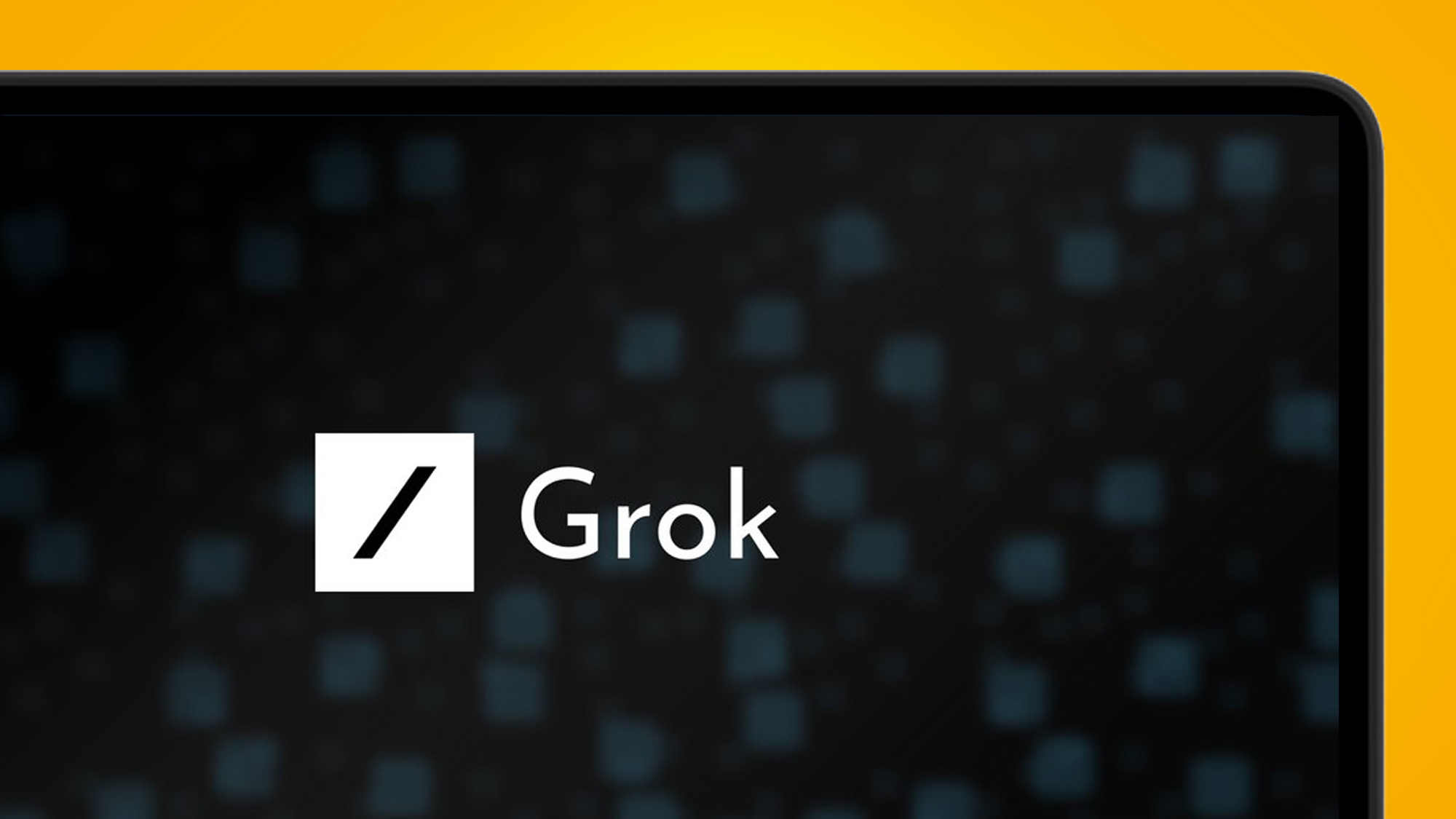Elon Musk's Grok AI has now been open sourced, code available on GitHub
Grok-1 is now on GitHub

Grok, the AI tool founded by Elon Musk, has been open sourced, with a code release now available on GitHub.
Musk had previously stated that Grok would go open source this week, saying the move will allow developers and researchers to look into the model and build upon it, and possibly influence its future iterations.
Grok is owned by xAI, another Musk company, and marks the entrepreneur's second foray into AI. He was one of the co-founders of OpenAI, the firm behind ChatGPT, which he is now suing for purportedly abandoning its original altruistic intents.
Open source?
A blog post on xAI's website describes how the open release of Grok-1 contains the “weights and network architecture” of the underlying model, called Mixture-of-Experts. The blog also explains that the model hasn't been fine-tuned for any particular purpose, like dialogue.
It is being released under the Apache 2.0 license, which allows for commercial use and distribution, but no warranty or liability is provided, and it cannot be trademarked. The original license and copyright notice must be reproduced as well, with any changes made by developers stated.
The training data is also not being made available, meaning users can't find out what the model was fed on during its development. It also doesn't include a connection to real-time data from X (FKA Twitter), an attribute Musk has boasted about in the past, unless users are paying subscribers to the microblogging platform.
Grok was completed in October last year, and was developed using JAX and Rust as the foundation for the custom training stack. It allegedly takes a novel approach to neural networks, and makes use of only a quarter of its weights per token, which means that, in theory, it is more effective and efficient than its rivals.
Are you a pro? Subscribe to our newsletter
Sign up to the TechRadar Pro newsletter to get all the top news, opinion, features and guidance your business needs to succeed!
MORE FROM TECHRADAR PRO

Lewis Maddison is a Reviews Writer for TechRadar. He previously worked as a Staff Writer for our business section, TechRadar Pro, where he gained experience with productivity-enhancing hardware, ranging from keyboards to standing desks. His area of expertise lies in computer peripherals and audio hardware, having spent over a decade exploring the murky depths of both PC building and music production. He also revels in picking up on the finest details and niggles that ultimately make a big difference to the user experience.